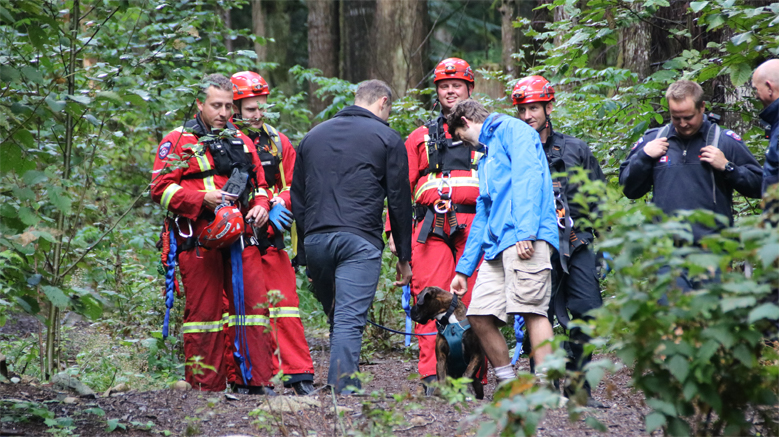Get the help you need right now 855-900-8437 Get Help Now
Get the help you need right now 855-900-8437 Get Help Now
July 21, 2018
When you’re in the grips of addiction, it can be difficult to imagine what your life would be like on the other side. But recovery is not only possible — it restores a life worth living. Recovery doesn’t end once treatment is over, it begins. For some, life after active addiction can be incredibly rewarding. Listed below are some of the most common improvements that fire fighters and paramedics experience after undergoing treatment at the IAFF Center of Excellence.
Regular drug and alcohol use is extremely hard on the body. These substances act like poisons, depleting your body of vital nutrients and vitamins while putting a great deal of stress on important organs. Daily alcohol or drug use can affect nearly every facet of your physical and mental health. You may experience more mood swings and have trouble concentrating on tasks for an extended amount of time. Nausea, lethargy and tiredness are also common. While the physical demands of being a fire fighter or paramedic can be difficult, the added challenges of substance abuse can bring a never-ending cycle that seems impossible to manage.
During the recovery process, the body heals itself. This leads to any number of unexpected benefits. For some, the most noticeable change is a rise in your energy levels. As your metabolism finds a new equilibrium, you use and store energy more efficiently. Your physical appearance may even improve as your skin becomes healthier and you return to balanced levels of sleep. But most importantly, your overall quality of life and daily comfort can improve significantly.

Addiction rarely occurs in vacuum. People often use drugs and alcohol to escape from something. Many struggling with substance use disorders as adults may have had difficult childhoods, lived through traumatic experiences, struggled with self-doubt or suffered from co-occurring mental health conditions.
The IAFF Center of Excellence helps IAFF members understand how their addiction is influenced by past experiences and how they can work to build a brighter future for themselves. By accepting and working through past experiences, exploring unhelpful thought patterns and stuck points, and expressing your feelings in supportive environment, you can begin the recovery process. This means accepting yourself as an imperfect (but worthy) person, and resisting the urge to use substances to cope with how you feel.
Once you begin recovery, you can help others find a life outside of their addictions, too. After completing a rehab program, you can support other IAFF members struggling with behavioral health problems. You might be interested in becoming an IAFF trained peer support member or taking part in traditional 12-step support groups such as Alcoholics Anonymous and Narcotics Anonymous. You can also write about your experiences and learn how to share your story. While helping others find the path to recovery can change their life forever, it also provides you with a fulfilling way to reaffirm your own reasons for beginning recovery, and helps you stay committed to sobriety.
An addiction is time-consuming. When you’re addicted to drugs or alcohol, you spend an inordinate amount of time obtaining and consuming these substances. And when you’re not, you might even spend much of your free time thinking about them. Sobriety frees up precious mental space, time and energy that can be reinvested in family members, hobbies and the career you love.
Life after addiction isn’t always easy, but it’s worth it. If you’re ready to take the first step toward a better life, reach out to the IAFF Center of Excellence today. Your call is completely confidential and toll-free.